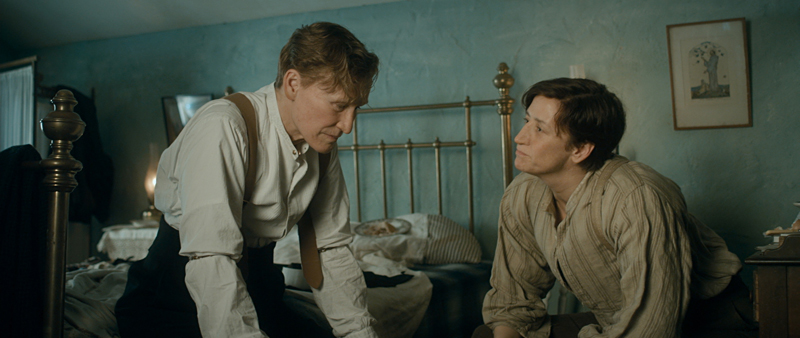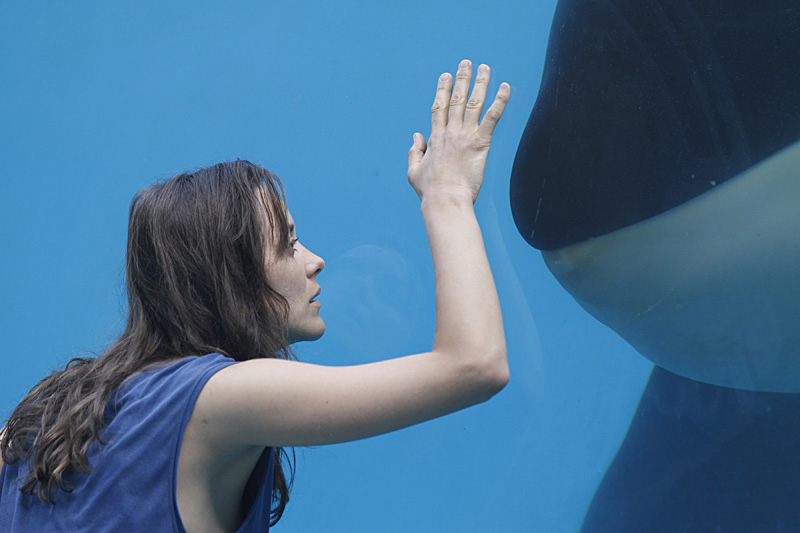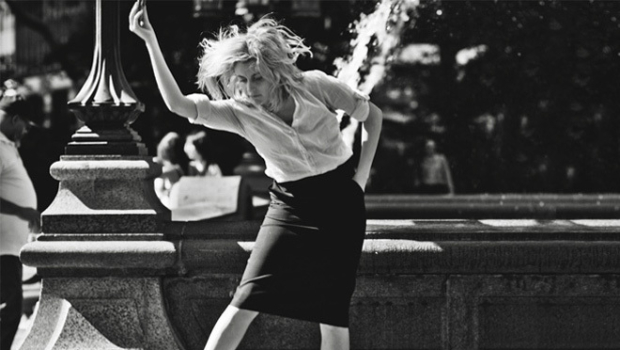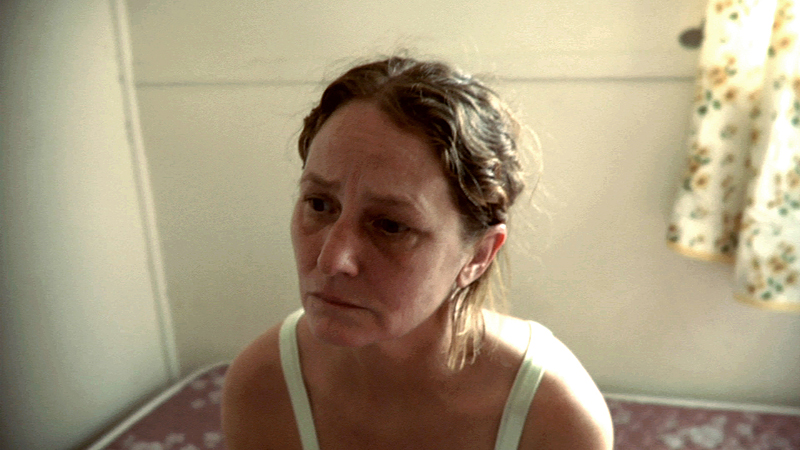Fulfilling a mission that has consumed her for almost two decades, Glenn Close—as producer, co-writer, and lead—brings to the screen the titular character, a woman who passes as a man in 1890s Ireland, a role for which she won an Obie in 1982. The result of this passion project? Getting to look like Bruce Jenner in a bowler and high starched collar. Close’s prosthetic makeup renders her face too immobile, a marked contrast with her unfixed accent; both highlight the pitfalls of a star’s idée fixe. It’s a shame, because the material—based on a novella by George Moore published in the 1927 collection Celibate Lives—deserves better. A punctilious butler at a Dublin hotel, Albert, who began his gender illusion at age 14 for economic and physical survival, can no longer remember the name he was born with. A friendship with housepainter Hubert Page (Janet McTeer), also deploying an F-to-M masquerade but enjoying a not-so-celibate life with a seamstress spouse, convinces lonely, pence-pinching Albert to pursue his dream of petit-bourgeois propriety: opening a tobacco shop and trying to persuade a pretty hotel co-worker (Mia Wasikowska) to be his bride. But the characters’ daring choices, made so as not to live “without decency”—that is, as penniless, unattached women in the late-Victorian era—are always undercut by Close’s too-conventional stunt performance.
Albert Nobbs: Glenn Close Gets Her Oscar Nomination








